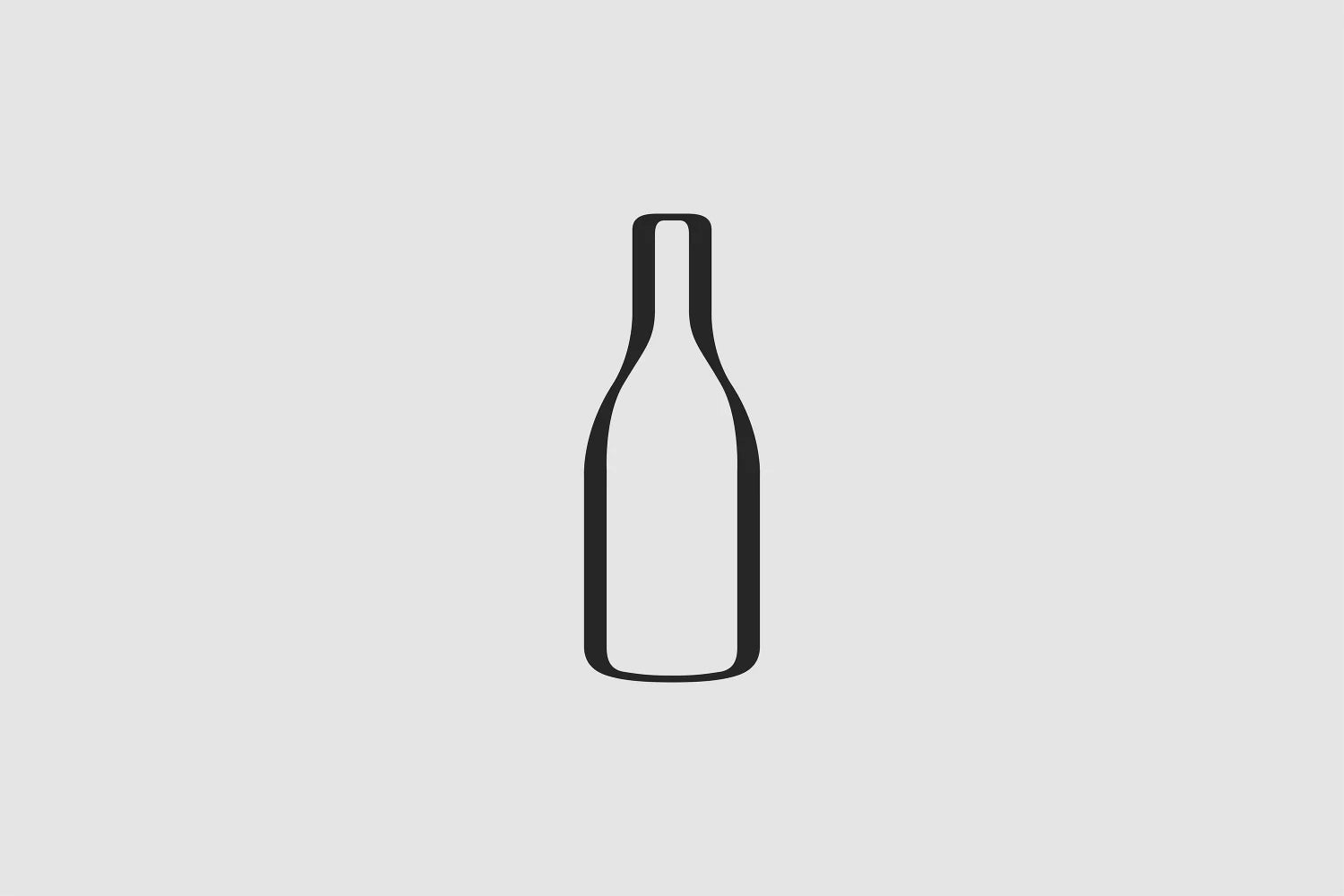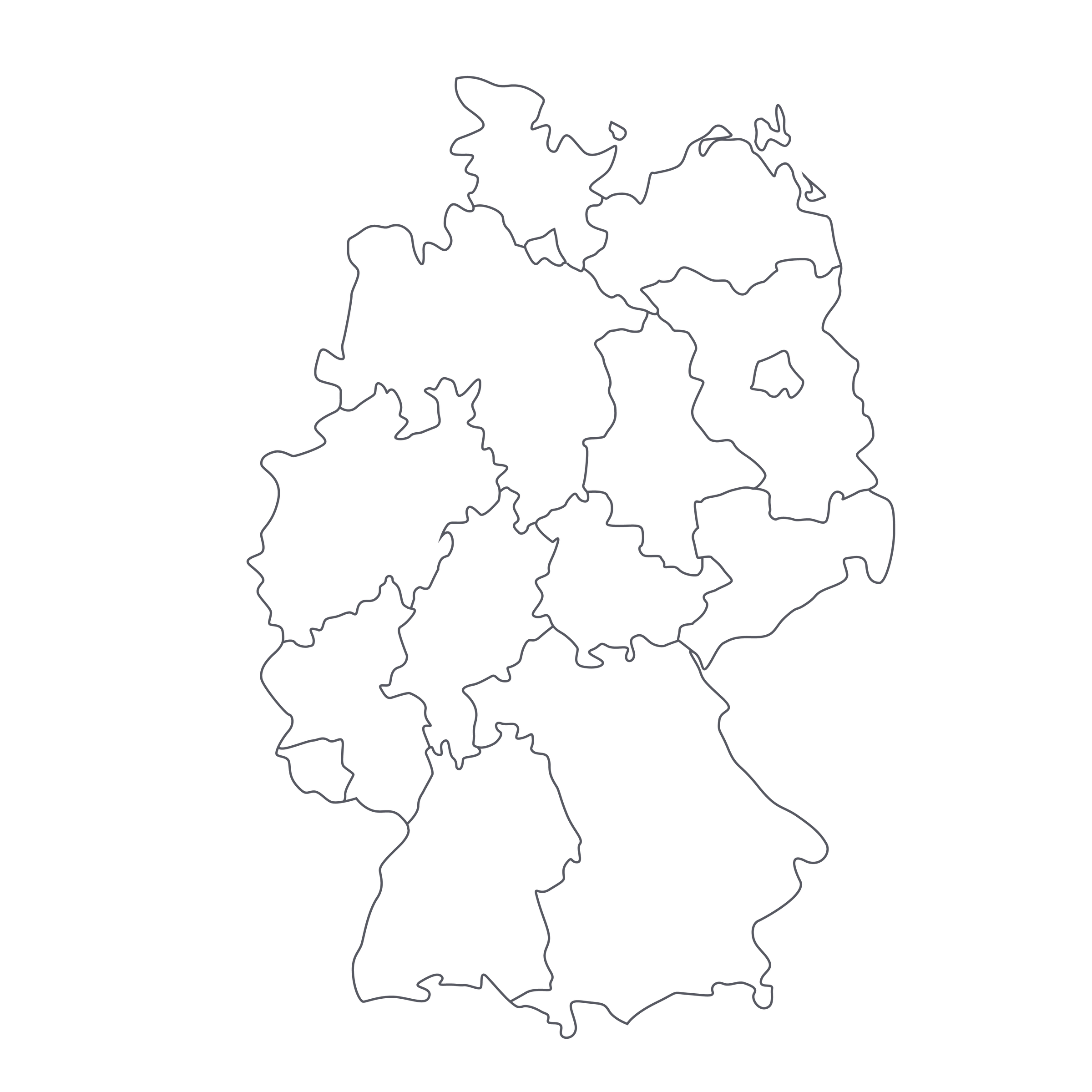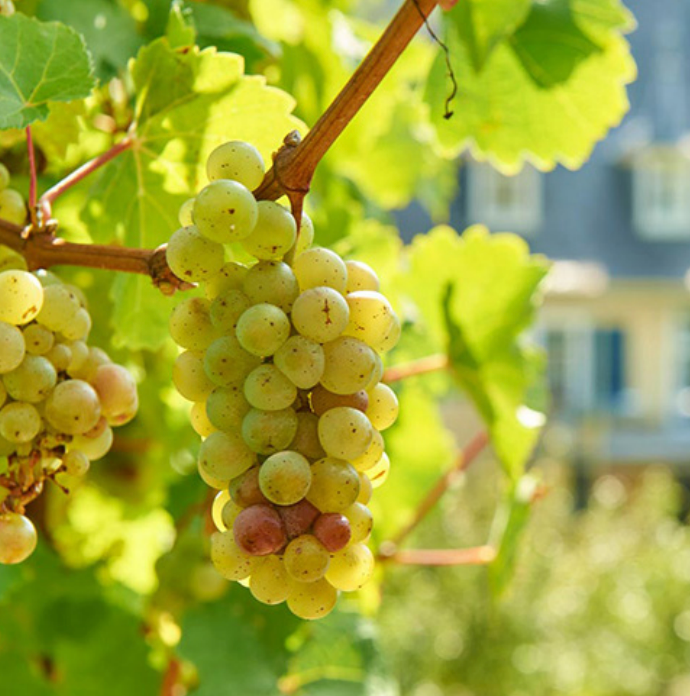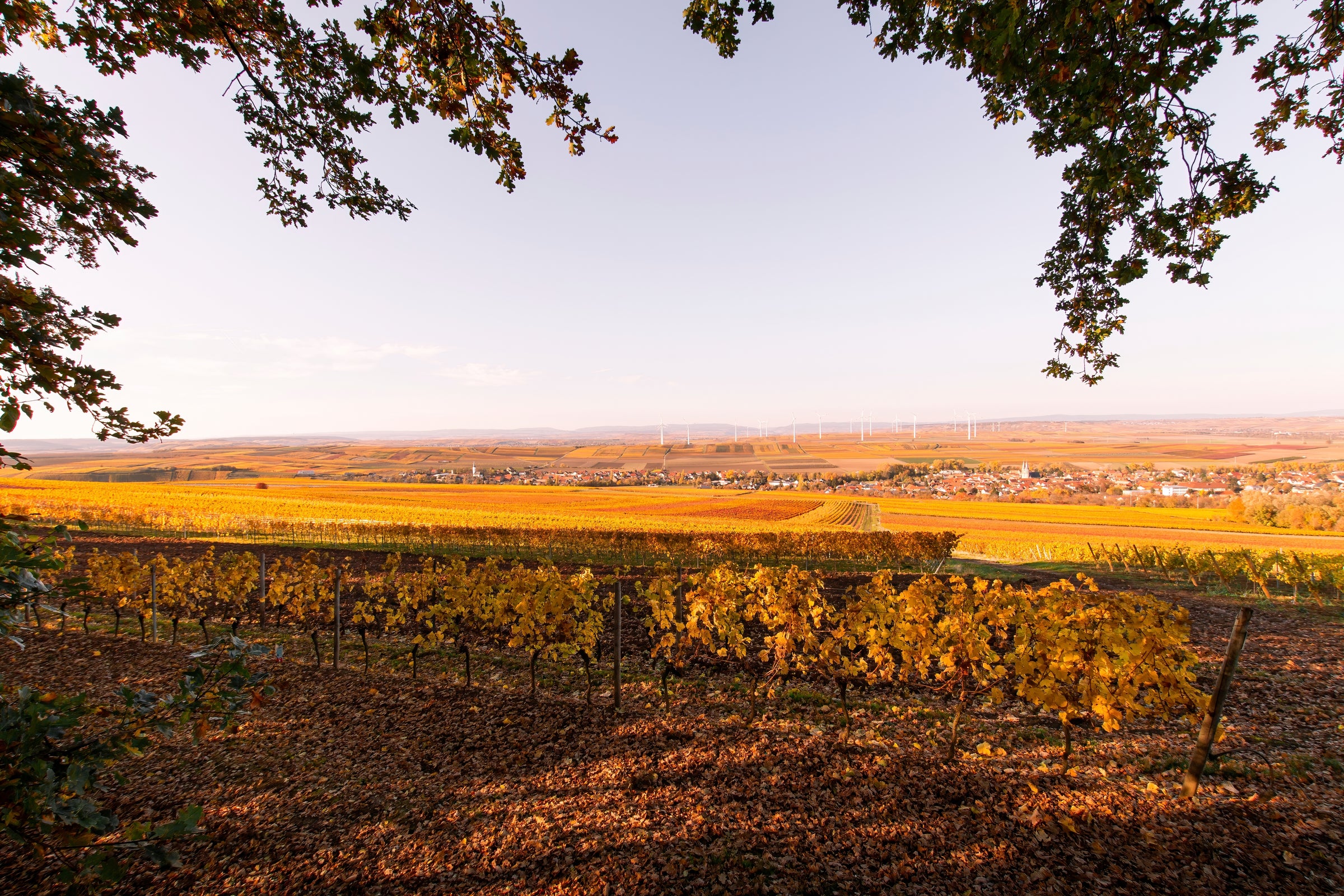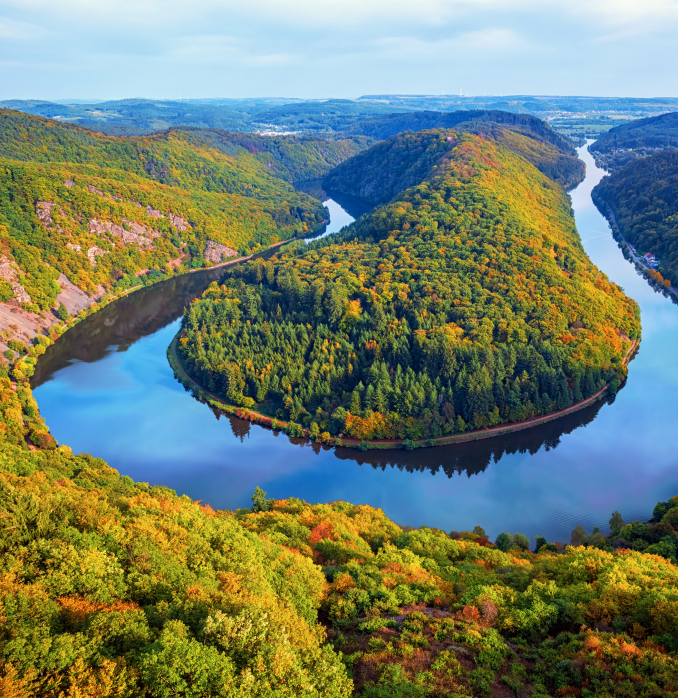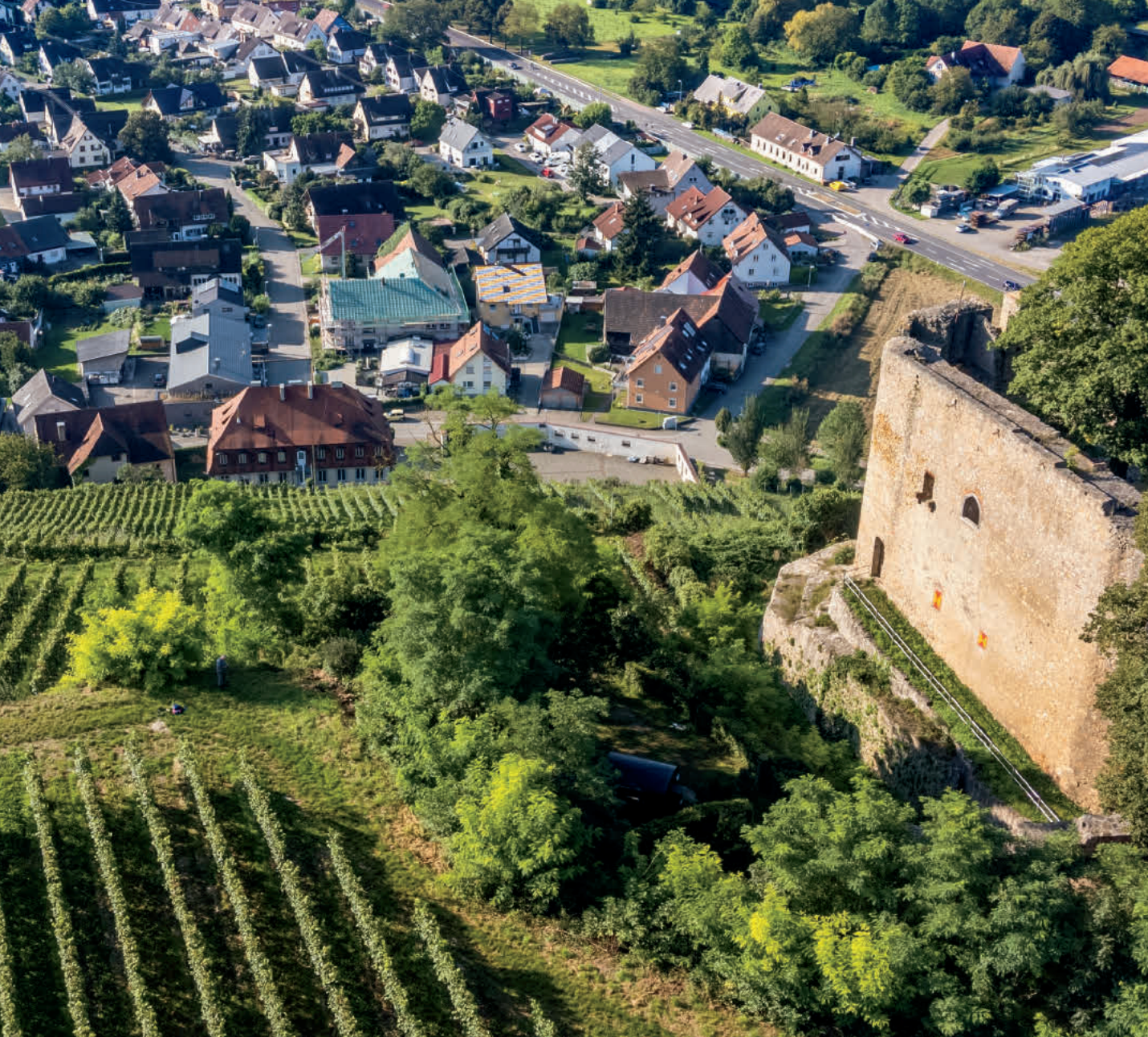The history of Weingut Karthäuserhof dates back as far as the fourteenth century, when it was originally owned by Carthusian monks; though the ownership of the estate has changed families many times, Tyrell is the sixth generation of his family to work the vines and make wines for the illustrious Weingut Karthäuserhof. This legendary estate is located in Eitelsbach, a small village that sits on the banks of the Ruwer—a tributary of the upper Mosel River. Here, in the Ruwer Valley, the sunlight reflects off the river waters in such a perfect way that it helps to ripen the grapes in the cool, temperate climate. The result is inimitable Riesling of varying styles—everything from bone-dry to sweet—depending on when the grapes are harvested. Today, many of the best winemakers in the region are producing dry styles, proving just how flawless well-made Riesling can be when not masked by too much sweetness. With that being said, Tyrell has been a legendary producer of all Riesling styles made from his famous Karthäuserhofberg vineyard. Today’s wine is a Kabinett, which means there is only a touch of residual sugar on the palate, balanced by racy acidity; this wine is both delicious and refreshing, with refined minerality unlike anywhere else in the world. The Karthäuserhofberg vineyard, which Karthäuserhof owns entirely (a monopole), is one of Germany’s most renowned vineyard sites. The vines are planted in Devonian slate soils full of shale on a steep gradient, and Tyrell very proudly works his vines the old-fashioned way. He does not use chemicals or fertilizers, but prefers to farm organically with horse manure, bark mulch, compostable grains and shredded old vines. This greatly maintains the integrity of the fruit, as does the small yields, handpicking and thorough sorting before fermentation. The 2012 Karthäuserhofberg Kabinett is an exceptional wine and is one of the purest examples of Riesling you will find.
The 2012 Karthäuserhofberg Kabinett has a vibrant light yellow core that moves to green highlights on the rim. The aromatics are enticing with aromas of fresh white peach, green apple, green mango, honeysuckle, lime blossoms, wet slate and petrol. On the palate, this wine’s kiss of residual sugar dances on the tongue—perfectly balanced with the bright acidity. Notes of green peach, green plum, green tropical fruit, green apple and kiwi are in perfect harmony with the bright acid. This wine is pure pleasure at the moment, but it will age infinitely and will be at its finest 15-20 years from now. From a lineage such as this, this wine will be one of your greatest holdings if you put some away to age. Off-Dry German Riesling is one of the most food friendly wines and will pair well with hundreds of dishes. In particular, the cuisine from Vietnam, Cambodia, Laos and Malaysia are my favorite.
This Cambodian Baby Back Ribs recipe is one of my recent favorite pairings that will change the way you look at food and wine possibilities. Trust me, try it.
